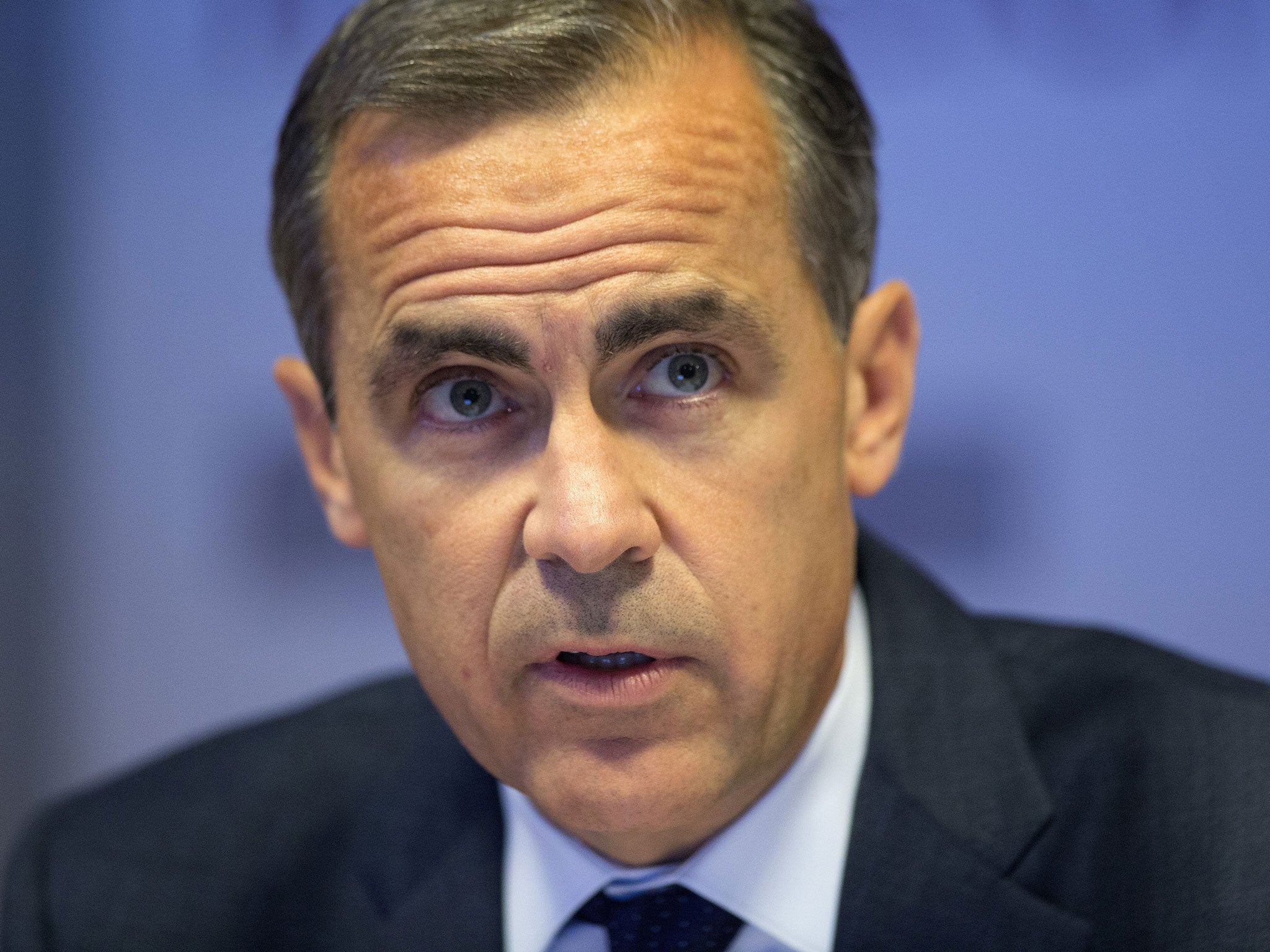Carney is learning fast after his less than happy start
The governor is taking a judgement about the appropriate level of the price of a major asset class


As Mark Carney, our new governor of the Bank of England, spoke in New York on Monday, the pound hit a two-year high against the dollar at a little under $1.65. The reason? Well, insofar as you can ever explain market movements, it was in response to the growing awareness that the UK is again becoming a fast-growing economy and that accordingly a rise in interest rates might happen next year. He was at pains to play down expectations of any early rise in rates and suggested that if house prices started to rise “at warp speed”, the Bank would take other measures to curb the market.
You can see the logic. You want low rates to encourage business investment, not to push up asset prices. But what is new is that the governor is taking a judgement about the appropriate level of the price of a major asset class. To many of us this makes a lot of sense, for the idea that monetary policy should merely target a single variable – consumer prices – does not chime well with central banking theory or experience. You want central banks to provide overall stability, including the stability of the banking system and of asset prices overall, not become fixated on one aspect of that.
That said, the governor has not had a happy start. He misread our economy when he first arrived, reflecting gloomy east coast American opinion rather than reading the forward-looking data which had been very positive for a year. He then gave “forward guidance” that a tighter monetary policy was a long way off. He then promoted the idea of a target for unemployment of 7 per cent before a rise in rates would be likely to take place, which has had the effect of generating pressure to move as soon as we do get there. And he sounded off without recognising that there are other members of the Monetary Policy Committee, who also vote on rate issues. I understand some are less than thrilled by this.
But, and this is the big point, he is learning. We can safely assume there will not be an out-of-control housing boom on the one hand, nor a premature tightening of rates on the other. Expect a rise in rate before the end of next year, but by then the economy will be strong enough to take it, and indeed need it.

Join our commenting forum
Join thought-provoking conversations, follow other Independent readers and see their replies